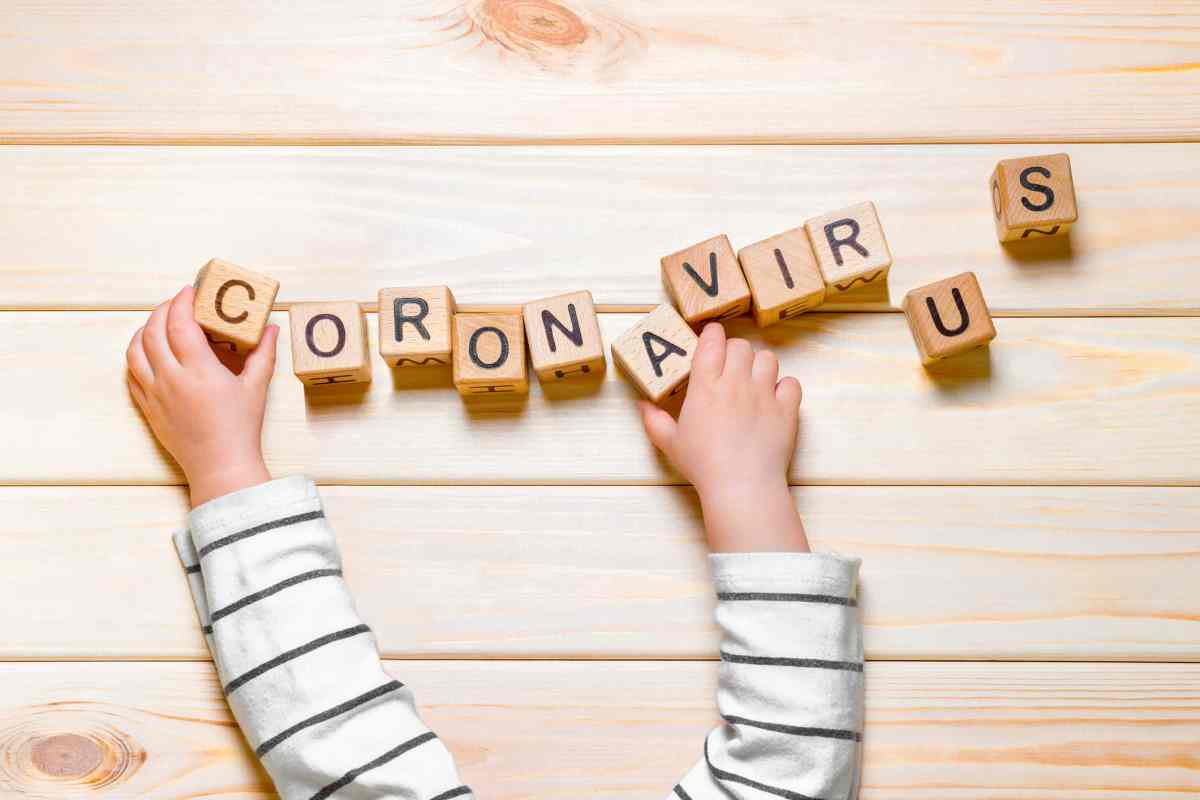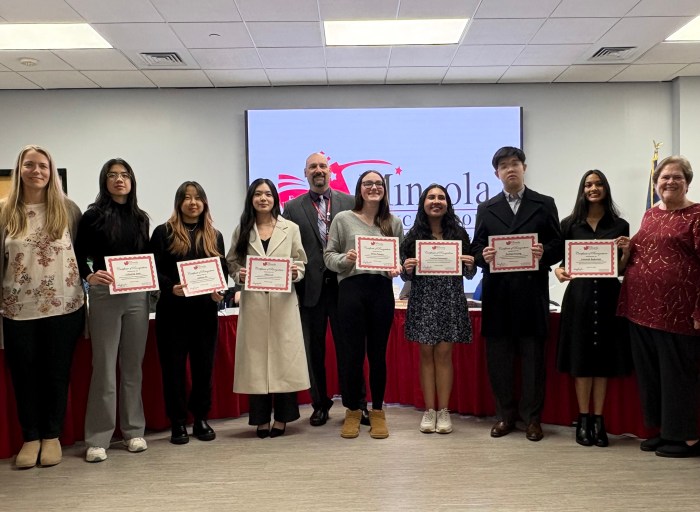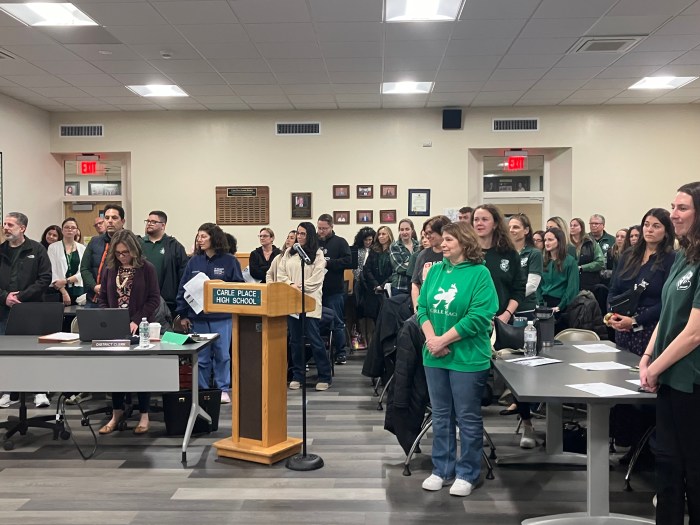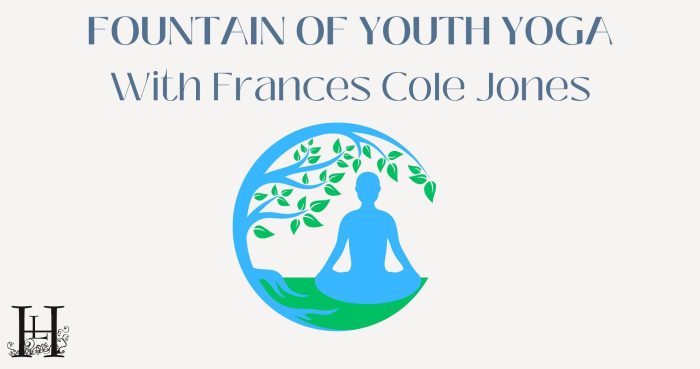Over the past five to six years, Dr. John Kelly, a school psychologist on Long Island and past president of the National Association of School Psychologists, has seen the mental health of K-12 students become a higher priority in many school districts.
This could be due to the New York State Education Department’s large push for social emotional learning (SEL) at all grade levels, which began in 2018, and the gradual destigmatization of talking about mental health and its impacts on children.
“There’s been a greater recognition of the importance of supporting mental health of students and that it’s part of supporting learning,” Kelly says. “I’ve noticed that trend in schools taking on a greater role in providing these services.”
It’s fortunate that many Long Island schools got the ball rolling with mental health these past few years: Now that Covid-19 has upended normal school routines for kids, coping skills are needed more than ever.
IN SCHOOL
Kelly, who works as a school psychologist at a high school in Suffolk County, says schools’ emphasis on mental health has manifested itself in training teachers to incorporate SEL in their lessons. The state education department’s SEL benchmarks and guidance help build students’ self-awareness, interpersonal skills, and decision making, among other fundamental lessons.
The pandemic is interrupting typical school instruction and causing added stress for kids. Some are on hybrid schedules, learning remotely on some days and in the classroom on others. They are not seeing friends or socializing in person as often, and like everyone these days, they are dealing with lots of uncertainty about what comes next.
“We’re seeing a new emergence of students who are struggling,” Kelly notes.
To address this, some schools have increased their outreach to parents, “giving them strategies and techniques to help them with whatever difficulties they’re going through,” Kelly says.
When a child’s issue is too much to deal with at home, school psychologists will either provide counseling themselves or refer families to outside professionals. Unfortunately, those outside resources can be scarce in certain communities and for certain populations, specifically for the youngest children, Kelly says.
“We have a general lack of social service providers for young children, so it falls on the schools,” he explains. “It’s difficult to find providers for elementary students through middle school.”
AT HOME
Child psychologists are seeing the impacts of the pandemic from their remote offices as well.
“I’m not only worried about the effects of Covid,” said Dr. Jaclyn Shlisky, a licensed clinical psychologist and certified school psychologist based in Syosset, during a Zoom workshop hosted by Nassau County Legislator Josh Lafazan in November. The subject was staying mentally healthy during the holidays. “I’m worried about the mental health toll that this is taking on everybody, especially our older community and our children.”
Shlisky, along with Dr. Laura Braider, a child psychologist and director of Northwell Health’s Behavioral Health College Partnership, says that a common problem for children right now is feeling disconnected from the community. Both have been seeing young patients via telemedicine since Covid-19 hit in the spring.
If someone seems to be struggling with their mental health, Shlisky said, the first step is to identify the emotion. She suggested that people try drawing to discover how they feel, which could be a great activity for kids.
Braider emphasizes that parents should listen to and validate their children’s concerns. Then, it’s all about recognizing those feelings and addressing them head-on. She also likes to remind people that “mood and activity are connected,” so even if children are at home all day, they could schedule activities they enjoy, including ones that involve reaching out to others and demonstrating their core values.
Studies have shown that practicing gratitude can significantly improve one’s mental health, Shlisky noted. She suggested that parents start that routine with their kids.
“You don’t need to ask ‘What did you do at school?’ every single day,” she says. “What are you gonna get? ‘Nothing, nothing, nothing.’ Say, ‘What are you grateful for that you did at school?’”
For more coronavirus coverage, visit longislandpress.com/coronavirus
Sign up for Long Island Press’ email newsletters here. Sign up for home delivery of Long Island Press here. Sign up for discounts by becoming a Long Island Press community partner here.































